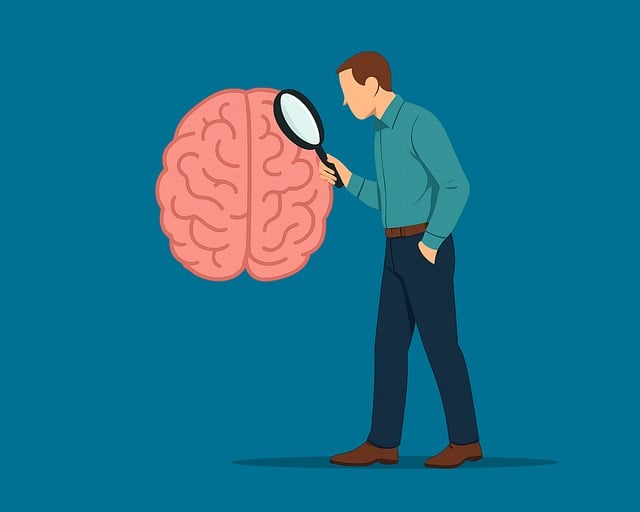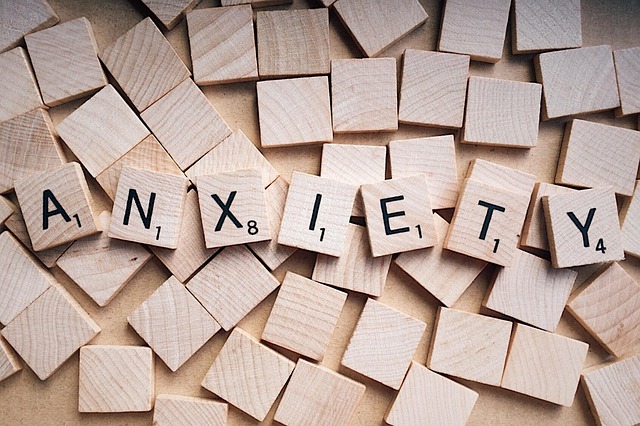Mental wellness groups provide a safe haven for children struggling with interpersonal issues and emotional challenges, offering tailored therapy led by trained professionals. These groups foster belonging, reduce isolation, and empower kids through open communication and evidence-based practices like Mind Over Matter. Skilled facilitators create supportive environments, encouraging peer understanding and empathy. Cultural sensitivity is key to inclusive participation and healing. Clear boundaries, active listening, and compassion cultivation exercises help children develop self-awareness, address interpersonal issues, and learn effective coping mechanisms in a non-judgmental space.
Mental wellness groups play a pivotal role in supporting children’s emotional growth and healing. This article guides facilitators through effective techniques tailored for addressing interpersonal issues within these nurturing spaces. We explore strategies for understanding child therapy groups, fostering a safe environment, and implementing proven facilitation methods. By adopting these practices, professionals can enhance group dynamics, encourage open communication, and promote positive mental health outcomes, specifically targeting the social and emotional well-being of children.
- Understanding Mental Wellness Groups for Children
- Effective Facilitation Techniques to Address Interpersonal Issues
- Fostering a Supportive Environment: Tips for Group Success
Understanding Mental Wellness Groups for Children

Mental wellness groups offer a unique and beneficial environment for children to navigate their interpersonal issues and emotional challenges. These groups provide a safe space where kids can connect with peers who share similar experiences, fostering a sense of belonging and reducing feelings of isolation. Facilitated by trained professionals, these sessions incorporate therapy for children tailored to address specific concerns like anxiety, depression, or social difficulties. By encouraging open communication and using evidence-based practices, such as Mind Over Matter principles, facilitators help participants develop resilience and coping mechanisms.
Understanding the dynamic nature of childhood, group facilitation goes beyond individual therapy. It involves creating an inclusive atmosphere where children can learn from one another’s experiences while exploring cultural sensitivity in mental healthcare practice. This holistic approach not only aids in burnout prevention strategies for healthcare providers but also empowers young minds to navigate their emotional landscapes with greater understanding and support.
Effective Facilitation Techniques to Address Interpersonal Issues

Effective facilitation techniques play a pivotal role in addressing interpersonal issues within mental wellness groups, especially when targeting children and adolescents. Skilled facilitators create a safe and supportive environment where participants can openly discuss their experiences, fostering understanding and empathy among peers. One powerful approach is incorporating Mind Over Matter principles, encouraging positive thinking, and reframing negative thoughts. This technique empowers individuals to challenge their beliefs and adopt healthier perspectives, ultimately enhancing coping strategies for interpersonal conflicts.
Cultural sensitivity in mental healthcare practice is another essential aspect. Facilitators should be adept at navigating diverse cultural backgrounds, ensuring inclusive group dynamics. By acknowledging and respecting different perspectives, values, and communication styles, facilitators can encourage active participation from all members. This inclusive approach not only promotes healing but also strengthens the Positive Thinking culture within the group, fostering a sense of belonging and emotional well-being, especially when dealing with complex interpersonal issues.
Fostering a Supportive Environment: Tips for Group Success

Creating a safe and supportive environment is paramount when facilitating mental wellness groups for children. This begins with establishing clear boundaries and expectations from the outset, ensuring every participant feels heard, respected, and valued. Incorporating ice-breakers and activities that encourage positive interactions fosters camaraderie and builds trust among group members. Facilitators should model and promote active listening, empathy, and open communication to set a supportive tone.
Using techniques like compassion cultivation practices and emotional intelligence exercises can help children develop self-awareness and interpersonal skills, addressing underlying interpersonal issues. These strategies create an atmosphere where members feel empowered to express their feelings honestly while learning effective coping mechanisms. By fostering a non-judgmental space, facilitators enable children to navigate vulnerable conversations, ultimately enhancing the therapeutic value of group therapy sessions for children.
Mental wellness groups can significantly enhance therapy for children, particularly when addressing interpersonal issues. By implementing effective facilitation techniques and fostering a supportive environment, facilitators can create a safe space where children can express themselves, build resilience, and develop essential social skills. These strategies not only benefit the individuals but also contribute to a healthier, more connected community overall.








